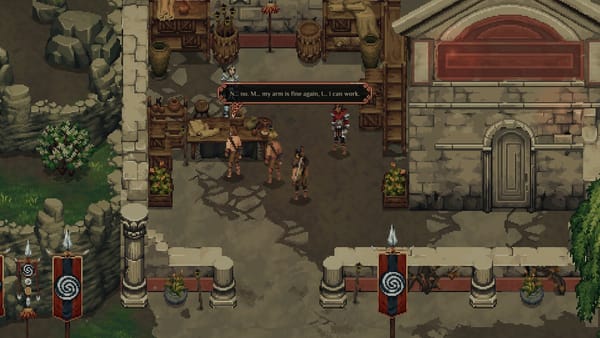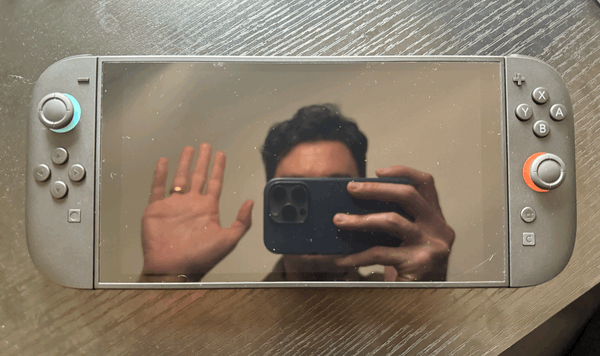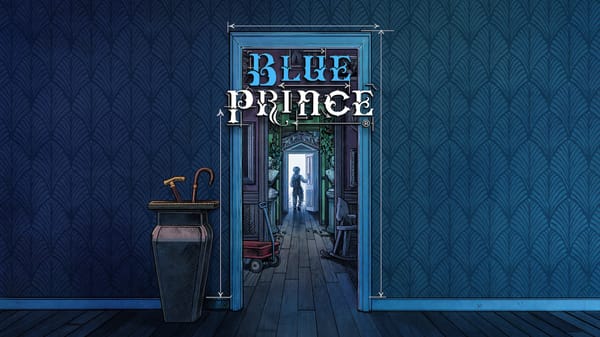Star of Providence and learning to play an instrument
Musical metaphors return to Backlog
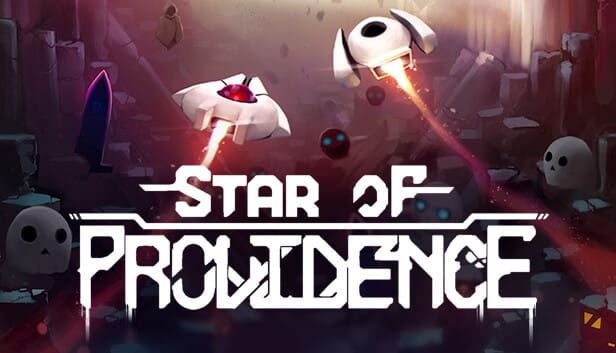
Firstly, a quick hello to all the new subscribers! Thank you all for hopping onboard after The Besties recommended Backlog. I hope you enjoy this biweekly publication, which I’ve described as “a videogame newsletter for people who are behind on videogames.” I.e., a lot of us!
For anyone interested in reading the Backlog backlog (sorry), you can head on over to the archive to check out musings on Tears of the Kingdom, Unsighted, Octopath Traveler II, and much, much more. Otherwise, look forward to a new post every two weeks.
Thanks again for subscribing to Backlog! Now, let’s talk about Star of Providence.
Learning to play a roguelike is a bit like learning to play an instrument. Both seem absolutely impossible at first. Both involve a lot of failure and repetition. Both require relying on a community that has already mastered the thing you are trying to master, learning from their lessons, helpfully laid out for you as you begin to trod the same beginner’s path.
Unless, of course, you’re playing a roguelike that not many people have heard about. In which case, you’re kind of on your own.
Star of Providence is an excellent game I had no idea existed until requested I play it.1 Gaming is so rich with titles, especially in the age of independent game development, that discovery is everything. Without a critical mass of (positive) coverage, a game as immediately sticky and rewarding as Star of Providence can go completely under the radar. It’s the kind of game I started Backlog for: an experience that isn’t the newest, hottest thing, but damn if it isn’t fun.
For whatever reason, Star of Providence’s graphics summoned a childhood memory of playing a very bad Game Boy Color game: Magi Nation. To be clear, Star of Providence looks absolutely nothing like Magi Nation, which, I only realized while Googling it, was one of those failed attempts to do another Pokémon during the height of the 90s ’mon craze. I can’t really explain myself when it comes to this likening, except that the color palette of Star of Providence threw me right back to that era of games, in the most pleasant of ways.
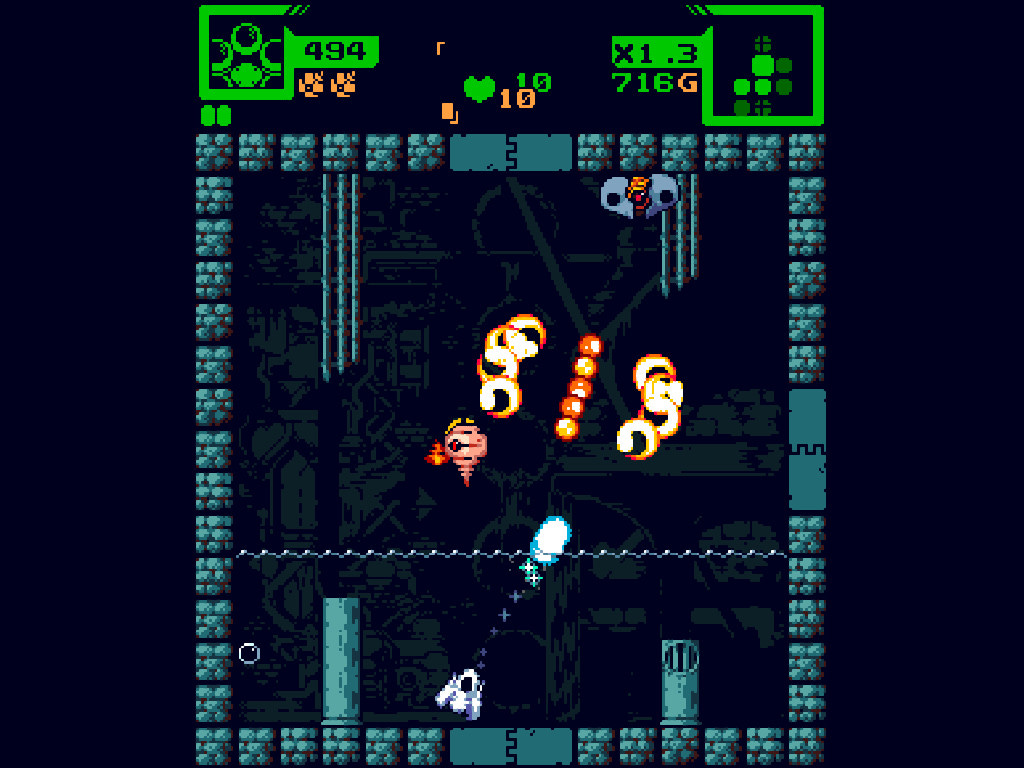
You control a small ship and move about a map akin to The Binding of Isaac or the original The Legend of Zelda. Gameplay is essentially a bullet hell, with enemies that range from little wizards to skulls-that-are-actually-mechs-if-you-read-the-bestiary-description—all of them shooting you with projectiles of their own. Adding to the Game Boy Color aura is the fact that the entire game is presented as a vertical rectangle, which, unless you have some kind of rotated monitor situation, won’t take up the whole screen. It feels like you’re emulating something that used to run on handheld software, which is, to me, the most immaculate vibe.
You pick up power-ups, of course, which can include modifications to your ship and many different weapon types. There are screen-filling bosses that will embarrass you again and again. There are shops, and secret shops, and secret evil shops that take your health instead of your money. Nothing about Star of Providence is necessarily breaking the mold of what you’d expect from a roguelike, but it checks at least as many boxes as its more popular brethren. So why aren’t more people talking about it?
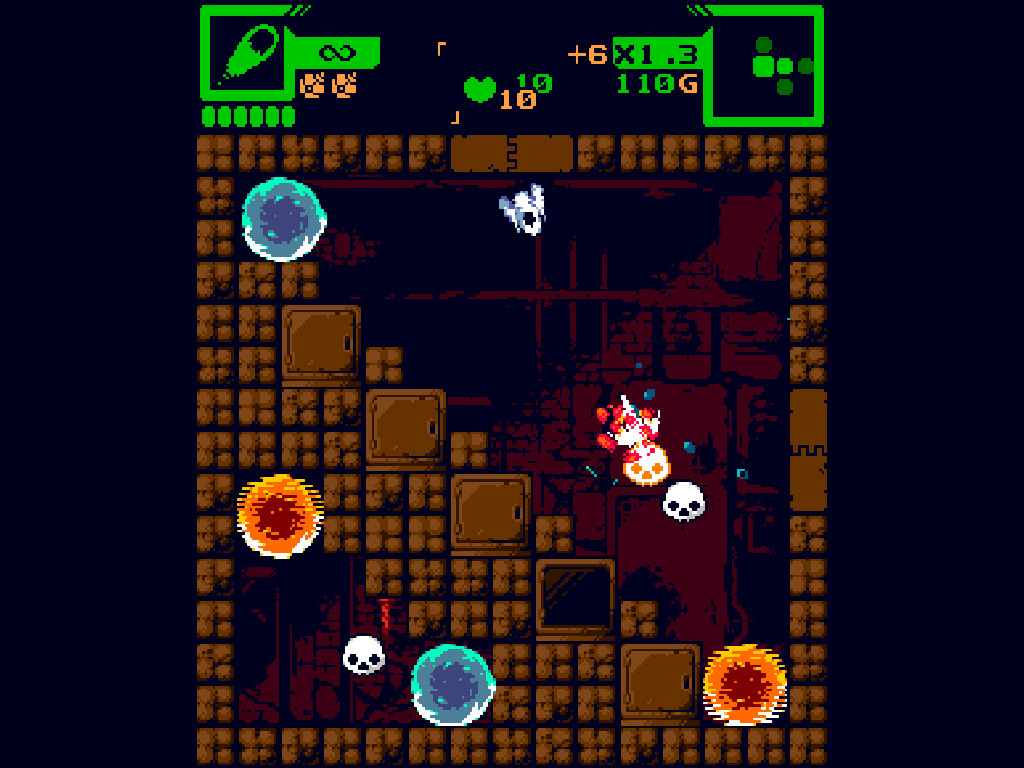
Playing Star of Providence, I realized just how base an instinct it is for me to head to YouTube to try and find a video of someone playing the roguelike I’m playing. It’s a funny habit, unique to gaming. I certainly don’t need to search for videos of people reading the book I’m reading.2 I suppose there might be some novelty, in a meta way, in watching someone else watch the thing I’m watching. But it’s one of the first things I do when I’m getting into a roguelike. Why? Well, I want to see someone playing the game at a level closer to mastery. To some extent, I want to learn from them what items are good and which are trash. But mostly, I just want to see what good play looks like. I want something to aim for. I want to know what I ought to look like as I press forward into repetition and failure. I want a target to aim for.
More than anything, it seems to me that the success of a roguelike depends on just how many people are streaming it. I don’t have any real numbers or evidence to back this up, of course. Just rampant speculation. Maybe this is an obvious point, or maybe it’s true for more genres than roguelikes, but to return to the metaphor of the instrument, I imagine playing Star of Providence to be a bit like getting really good at a rare instrument that few people have heard about. It’s a bit like watching your friends learn to play the guitar, while you’re over here mastering the wheelharp.
But, as it turns out, I really like the gaming equivalent of a wheelharp. Besides perfecting that essential roguelike feeling of mastery being just around the corner, there are some smart choices here to streamline that I wish other games in the genre would borrow. Chiefly, once you’ve cleared a room, you can teleport back to it at any time, removing that annoying portion of your standard issue The Binding of Isaac run where you’re just backtracking through empty rooms. More of this please. The game also just straight up tells you what any item does when you hover your cursor over it, taking the mystery out of what you’re picking up. Maybe there are some of you out there who like not knowing whether a thing is going to help or hurt you, but that’s sicko behavior, and I much prefer Star of Providence’s approach.
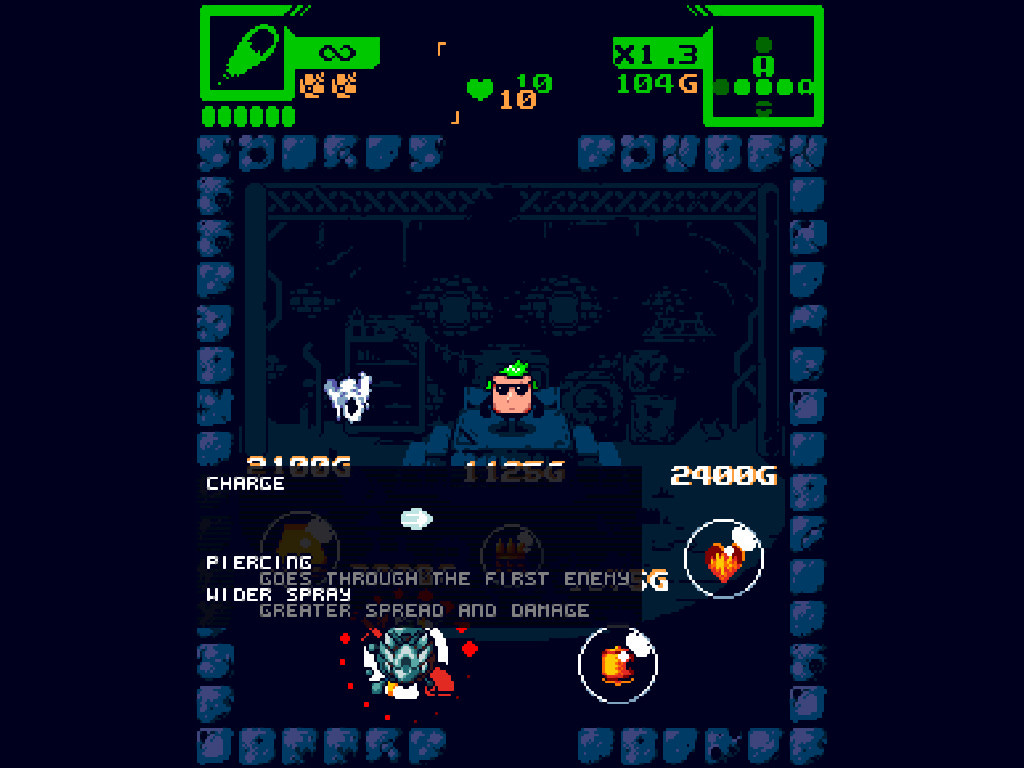
In the end, the only way a wheelharp becomes a guitar is if suddenly everyone online is playing it. So, won’t you join me? Star of Providence is an excellent roguelike with short runs, retro-inspired graphics, and catchy music. I’m sure it’ll be on sale at some point on Steam. Add it to your personal backlog. Together, we can make gaming’s very own wheelharp happen.
You, too, can request a game for me to cover if you subscribe at the Backlog Champion tier. I’m even offering 20% off subscriptions, now through September 1. Help support Backlog’s paid guest posts if you can afford it, and thank you to those who already do! ↩
With apologies to BookTok. I am not among you. ↩


